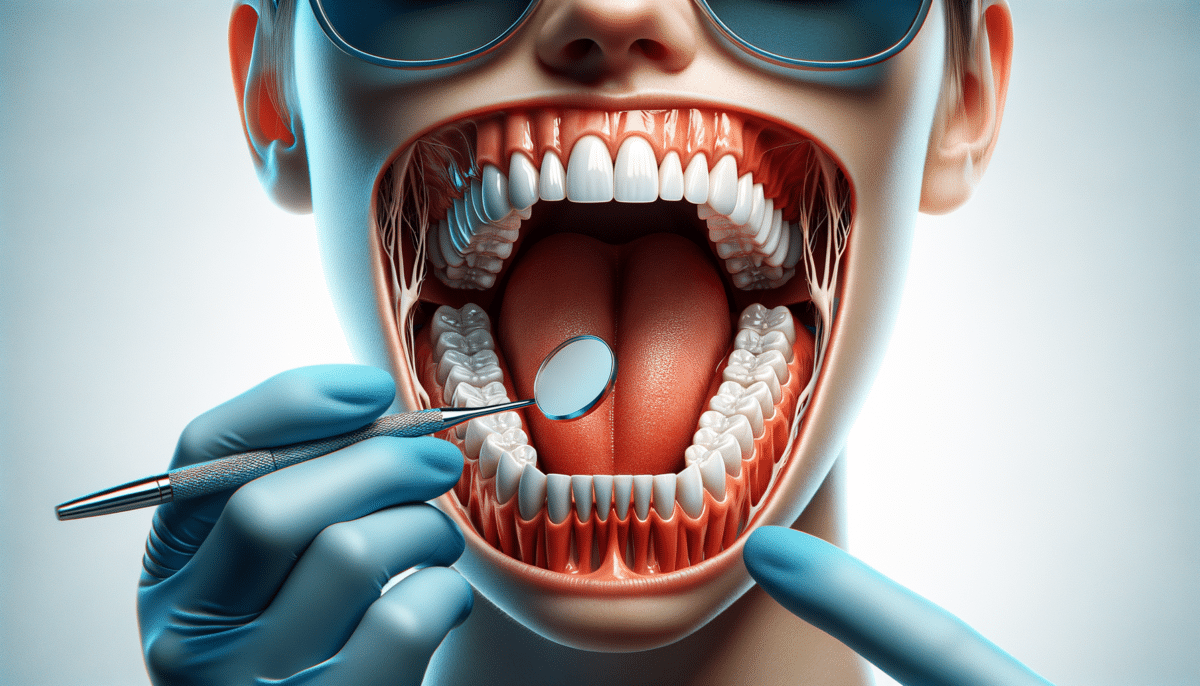The Importance of Regular Dental Check-Ups
Regular dental check-ups are crucial for maintaining oral health. These visits are not just about keeping your teeth clean; they are an essential part of preventing more serious dental issues. Dentists are trained to spot early signs of problems such as cavities, gum disease, and even oral cancer. According to the American Dental Association, regular check-ups can help prevent these issues from developing into more serious conditions.
During a routine check-up, a dentist will typically perform a thorough cleaning, removing plaque and tartar that regular brushing and flossing might miss. They will also examine your teeth and gums for signs of disease and may take X-rays to get a better look at your dental health. These preventive measures are key in catching problems early, which can save time, discomfort, and money in the long run.
Moreover, regular visits help build a relationship with your dentist, making it easier to discuss concerns and ask questions. This open communication can lead to better personalized care. In summary, regular dental check-ups are a proactive step in maintaining overall health, as oral health is closely linked to other health issues like heart disease and diabetes.
Understanding the Basics of Oral Hygiene
Oral hygiene is the foundation of dental care, and understanding its basics is crucial for everyone. It involves daily practices that help maintain the cleanliness and health of your teeth and gums. The core components of oral hygiene include brushing, flossing, and rinsing, each playing a vital role in keeping your mouth healthy.
Brushing your teeth at least twice a day with fluoride toothpaste helps remove food particles and plaque, a sticky film of bacteria that can lead to cavities and gum disease. It’s important to use a toothbrush with soft bristles and to replace it every three to four months, or sooner if the bristles become frayed.
Flossing is equally important as it removes plaque and food particles from between the teeth and under the gumline, areas that a toothbrush can’t reach. Regular flossing can help prevent gum disease and cavities, contributing to overall oral health.
Rinsing with an antimicrobial mouthwash can further reduce plaque and bacteria, freshening your breath and providing additional protection against oral health issues. By incorporating these basic practices into your daily routine, you can maintain a healthy smile and prevent common dental problems.
Exploring Affordable Dental Care Options
Dental care can be costly, but there are several ways to make it more affordable. One option is to explore dental insurance plans, which can cover a significant portion of the costs associated with routine check-ups, cleanings, and even some procedures. It’s important to compare different plans to find one that suits your needs and budget.
For those without insurance, dental discount plans offer an alternative. These plans provide discounts on dental services at participating dentists for a monthly or annual fee. They can be a cost-effective way to access dental care without the high premiums of traditional insurance.
Community health clinics and dental schools often offer services at reduced rates. Dental schools, in particular, provide care from students under the supervision of experienced dentists, ensuring quality service at a fraction of the cost. Additionally, many dentists offer payment plans or sliding scale fees based on income, making it easier to manage expenses.
By exploring these options, individuals can find affordable dental care that fits their financial situation, ensuring that dental health remains a priority without breaking the bank.
